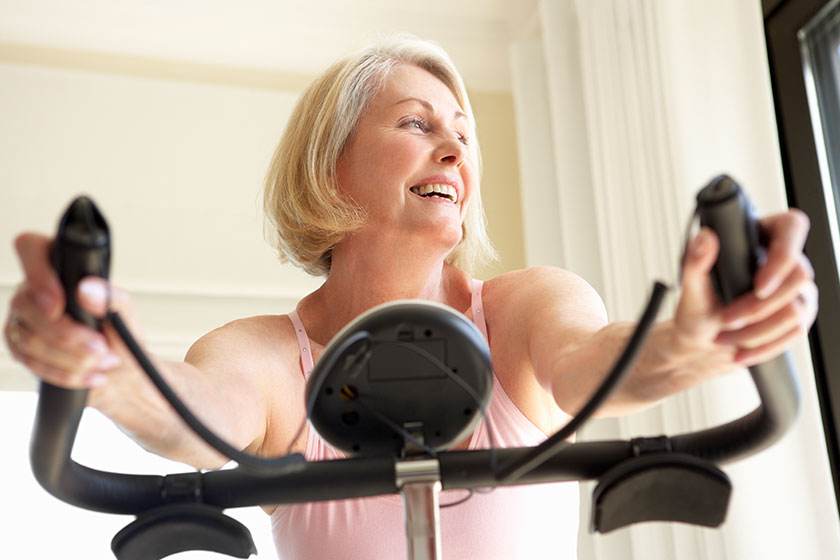Cycling is an activity that offers numerous benefits for people of all ages, including older adults. Incorporating cycling into the lives of older adults can contribute to improved fitness, enhanced mental well-being, and an overall healthier lifestyle. This article explores the advantages of cycling for senior fitness and well-being, highlighting the physical and mental benefits that make it an ideal activity for residents in senior living options. By embracing cycling, retirees can enjoy a fulfilling and active lifestyle, reaping the rewards of this low-impact and enjoyable exercise.
Low-Impact Exercise
Cycling is a low-impact exercise that puts less stress on joints and muscles compared to other forms of exercise. This makes it an ideal activity for older adults who may have arthritis, joint pain, or other conditions that limit high-impact exercises. Cycling provides a cardiovascular workout without placing excessive strain on the body, promoting overall fitness and endurance.
Cardiovascular Health
Regular cycling can significantly improve cardiovascular health in older adults. Engaging in cycling exercises the heart and lungs, enhancing their efficiency and promoting better circulation. This can help reduce the risk of cardiovascular diseases such as heart disease, stroke, and high blood pressure.
Muscle Strength and Endurance
Cycling is an excellent way to build endurance and muscle strength. It primarily targets the muscles in the lower body, including the quadriceps, hamstrings, glutes, and calves. Regular cycling can help tone and strengthen these muscles, improving overall mobility, balance, and stability.
Joint Flexibility
The motion of cycling involves fluid movements that promote joint flexibility. Regular cycling can help maintain and improve joint mobility, reducing stiffness and promoting ease of movement. This is particularly beneficial for older adults who may suffer from joint pain or stiffness caused by conditions such as arthritis. Cycling offers a gentle and enjoyable way to keep joints flexible and mobile.
Mental Well-being
Cycling not only benefits physical health but also has positive effects on mental well-being. Engaging in outdoor cycling allows older adults to connect with nature, enjoy fresh air, and experience a sense of freedom and exploration. The release of endorphins during exercise promotes feelings of happiness, reduces stress, and improves overall mood.
Weight Management
Maintaining a healthy weight is important for overall well-being, and cycling can contribute to weight management in older adults. Regular cycling burns calories, helping to control body weight and reduce the risk of obesity. Cycling also increases metabolism, which can lead to improved energy levels and a higher basal metabolic rate.
Enhanced Cognitive Function
Studies have shown that regular senior exercise, including cycling, can have positive effects on cognitive function. Cycling stimulates blood flow to the brain, promoting the growth of new brain cells and enhancing cognitive abilities such as memory, focus, and problem-solving skills.
Cycling offers numerous advantages for retirees’ fitness and well-being. Its low-impact nature, cardiovascular benefits, muscle strength and flexibility enhancements, and positive effects on mental well-being make it an ideal activity for older adults. By incorporating cycling into their lives, older adults in senior living options can enjoy improved fitness, better cardiovascular health, enhanced cognitive function, and a higher quality of life.







